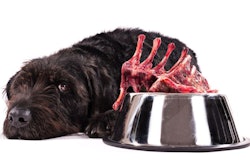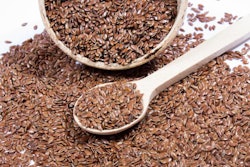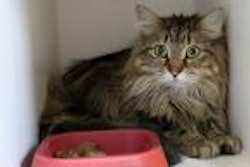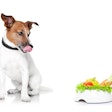
Dogs, cats and other pets don’t follow diet trends, nor are they concerned about sustainability or animal welfare. Although palatability can trump any marketing claim, pet owners decide what brands and styles of pet food they purchase for their animals based on human impressions of that product. Pet owners express their own beliefs about nutrition and the food system through their pets’ diets. Just as people vote with their wallets to support companies their believe in, pet food buyers support companies and styles of food that match their personal ethics and opinions. Pet food purchasing decisions may reflect people’s demographics.
French dog owners who fed their dogs raw, whole prey or similar dog diets differed demographically from those who bought kibble, canned and other traditional pet food formats. In an online survey, researchers at France’s National Veterinary School of Alfort (École nationale vétérinaire d'Alfort) asked 429 dog owners about their pet food purchases while collecting data on household socio-economic factors.
Considering dog food variety selection, 38% (162/429) of respondents stated that they fed only Biologically Appropriate Raw Food (BARF), prey model, whole prey or cooked homemade food to their dogs. The majority, 55% (235/429), fed a conventional diet of either wet or dry dog food. Another 7% (29/429) fed their dogs a mix of both categories.
Those dog diet choices reflected the pet owners. Those feeding nonconventional diets tended to live outside the Paris metropolitan area. They also had fewer children, yet more animals in their households. These owners reported deworming their dogs less frequently. The dogs owned by this groups tended to have higher reported body weights, but went on walks more frequently and roamed off-leash more than six hours per week.
“Moreover, this study shows that veterinarians are rarely consulted as a source of advice by owners using nonconventional diets, which may indicate a lack of trust in French veterinarians on the importance of pet nutrition or a lack of veterinarian’s communication regarding their nutrition competencies,” researchers wrote in the journal BMC Medical Research. “These results may help to better understand these populations of owners and improve communication with veterinarians about nutrition.”
In 2021, 7.5 million pet dogs lived in France, according to the European pet food industry group FEDIAF. Cats were the most populous pet in France with more than twice the number of dogs at 15.1 million.

















